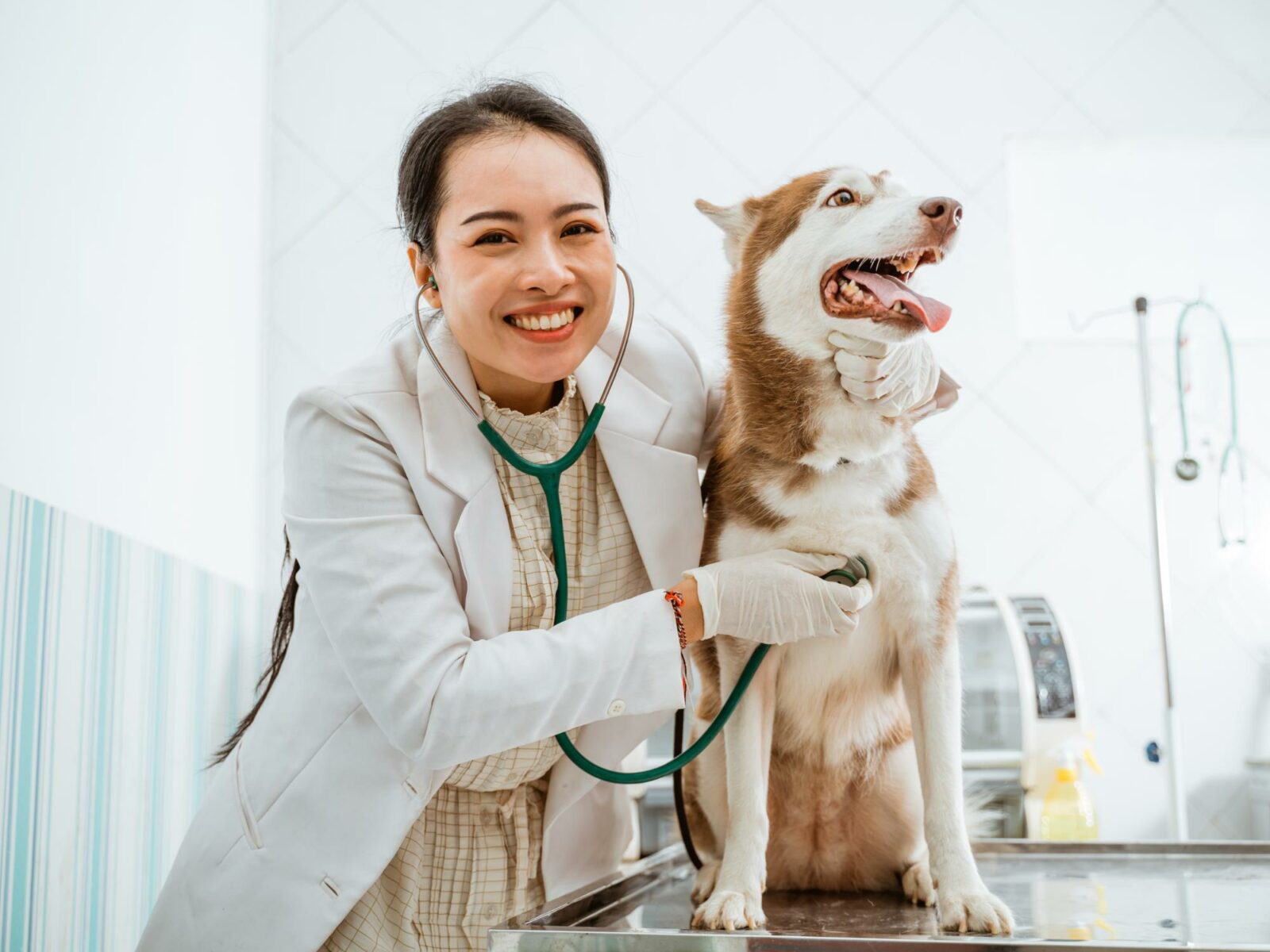
When it comes to veterinary care, the tools and materials used during procedures are as critical as the skills of the veterinary professionals performing them. For decision-makers such as procurement managers, head nurses, and purchasing specialists at veterinary clinics, understanding the importance of using animal-specific medical consumables can significantly impact the quality of care provided. This blog explores why animal-specific consumables matter, the risks of using generic alternatives, regulatory and ethical considerations, cost-benefit analysis, and innovations in veterinary medical consumables.
Animal-specific medical consumables are purposefully designed to cater to the unique anatomy and physiology of different species. From the size of a surgical instrument to the type of material used in a surgical pack for veterinary procedures, every detail is tailored to meet the needs of animals safely and effectively.
For example, a cat’s delicate tissues and a dog’s robust anatomy require different tools to ensure precision and safety during surgical procedures. Veterinary surgical instruments designed for specific species not only enhance the efficiency of the procedure but also reduce the risk of complications. By choosing consumables optimised for animal patients, veterinary practices demonstrate their commitment to excellence in care.
While it may be tempting to opt for generic or human-specific consumables for veterinary use, this approach carries significant risks. Animals even within the same species can vary greatly in size, structure, and physiological needs. Generic medical consumables may not account for these differences, leading to potential issues such as:
Surgical equipment suppliers like Pennine Veterinary offer solutions that mitigate these risks by providing high-quality products appropriate for veterinary use tailored for safety and efficiency.
Regulatory compliance is an essential aspect of veterinary care, with many regions requiring species-appropriate consumables for procedures. These regulations are in place to prioritise animal welfare and ensure the highest standards of care.
Using non-compliant or generic products not only puts animals at risk but can also jeopardise a veterinary clinic’s reputation and legal standing. Ethical considerations also play a key role. Choosing animal-specific consumables reflects a commitment to humane treatment and best practices, building trust with pet owners and enhancing the clinic’s professional credibility.
By partnering with reliable veterinary surgical equipment suppliers, clinics can access products that meet regulatory standards while maintaining ethical integrity.
One common concern for decision-makers in veterinary clinics is the cost of animal-specific consumables. While these products may have a higher upfront cost compared to generic alternatives, their long-term benefits often outweigh the initial investment. Here’s why:
Ultimately, investing in veterinary surgical instruments and other animal-specific consumables ensures optimal care and cost-efficiency in the long run.
The veterinary industry is experiencing a wave of innovation, with manufacturers developing more sustainable and versatile options for medical consumables. From biodegradable materials to reusable surgical instruments, these advancements aim to reduce environmental impact without compromising the specific needs of animals.
For example, Pennine Veterinary offers a range of consumables that prioritise both functionality and sustainability. These products are not only designed to meet the unique requirements of animal care but also contribute to greener practices in veterinary medicine. Decision-makers should stay informed about these innovations to make responsible and forward-thinking choices for their clinics.
Animal-specific medical consumables are an essential component of modern veterinary care. By understanding their importance, recognising the risks of generic alternatives, and considering regulatory, ethical, and cost implications, decision-makers can make informed choices that benefit both their patients and their practice.
At Pennine Veterinary, we understand the unique challenges faced by veterinary professionals and decision-makers. That’s why we provide a comprehensive range of surgical instruments, surgical packs appropriate for veterinary use, and other high-quality consumables designed to enhance patient outcomes and streamline procedures.